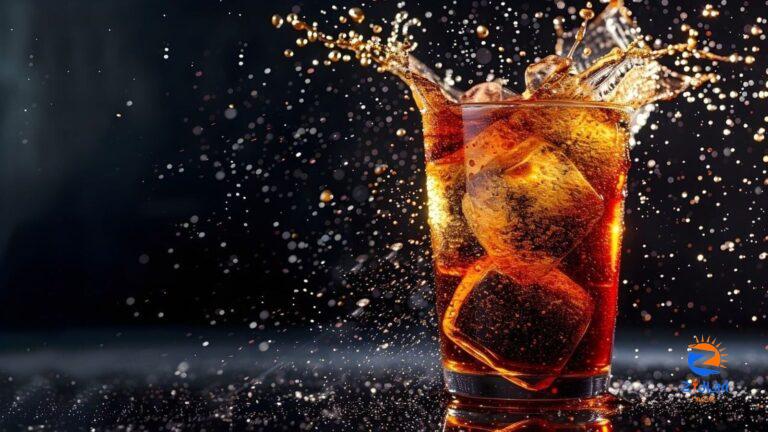
[ad_1]
Drinking a beverage containing erythritol, an artificial sweetener often used in stevia, monk fruit and keto products, significantly increases blood clotting risk in healthy individuals, a recent pilot study reveals. The study was conducted with ten individuals, CNN reported.
Blood clots pose a serious threat, potentially leading to heart attacks or strokes if they travel through the bloodstream. Earlier studies have also associated erythritol with heightened risks of strokes, heart attacks and mortality.
Erythritol is a type of “sugar alcohol”. It naturally exists in various fruits and vegetables. Commercially, erythritol is produced in large quantities due to its benefits. It is “zero calorie”.
Dr. Andrew Freeman found the small study to be intriguing. The director of cardiovascular prevention and wellness at National Jewish Health in Denver wasn’t involved in the research.
Freeman told the publication that, while there was no immediate need to stop using sugar alcohols, the findings raised concerns about their safety.
“What is remarkable is that in every single subject, every measure of platelet responsiveness (clotting) went up following the erythritol ingestion,” CNN quoted Dr. Stanley Hazen as saying. The lead study author is the director of the Center for Cardiovascular Diagnostics and Prevention at the Cleveland Clinic Lerner Research Institute.
Hazen mentioned that, when another group of 10 individuals had consumed a drink containing an equal amount of glucose, their blood platelet activity remained unchanged.
He emphasised that the study marked the first direct comparison between the effects of glucose and erythritol on various aspects of platelet function. While glucose doesn’t influence clotting, erythritol does, as per the study.
‘Safe option’
The Calorie Control Council reacted to the study. The group representing industry interests spoke to CNN. Over three decades of research supports erythritol as a reliable and safe option for lowering sugar and calorie intake, it said.
The council urged consumers to be very cautious in interpreting the study’s findings. President Carla Saunders pointed out that the study involved only 10 participants given an unusually-high amount of erythritol, nearly four times the allowed limit in a single US beverage.
[ad_2]